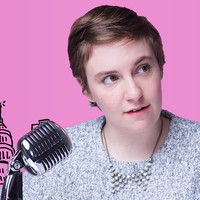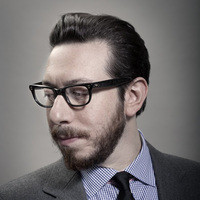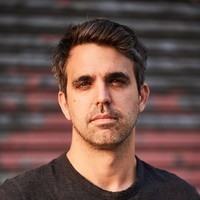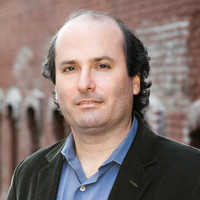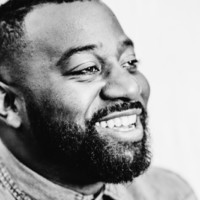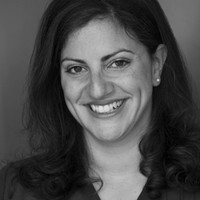Reginald Dwayne Betts is a poet, lawyer, and founder of the nonprofit Freedom Reads. His New York Times Magazine article "Could an Ex-Convict Become an Attorney? I Intended to Find Out" won the National Magazine Award. His new podcast is Almost There.
“I felt like I had to own becoming something and intuitively understood that if I didn't lay claim to desiring to be something, that it would be too many other forces that would be pulling on me to dictate that I become something else. … When you say you're a writer, if you know nothing else, then you know that you read. You pay attention to the world. … And prison became the metaphor by which I understood the world and poetry became the medium by which I understood what it meant to write about the world and what it meant to take seriously the responsibility to write about the world that I knew.”
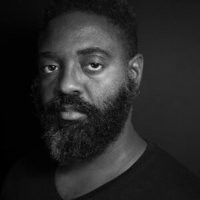

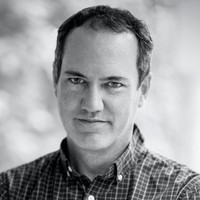



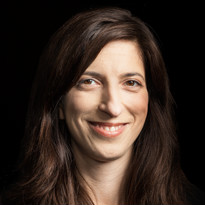 Pamela Colloff is an executive editor and staff writer at Texas Monthly.
Pamela Colloff is an executive editor and staff writer at Texas Monthly.
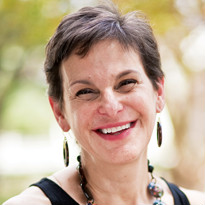 Mimi Swartz has written for Talk, The New Yorker and Vogue. She is an executive editor at Texas Monthly.
Mimi Swartz has written for Talk, The New Yorker and Vogue. She is an executive editor at Texas Monthly.
